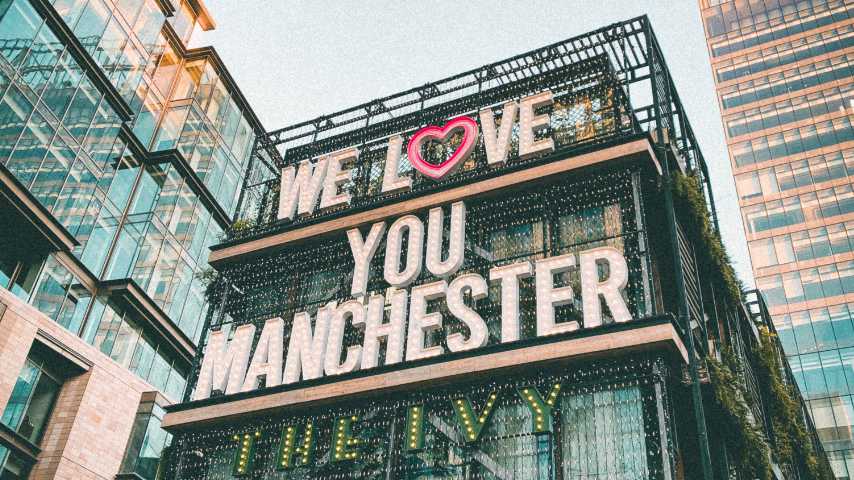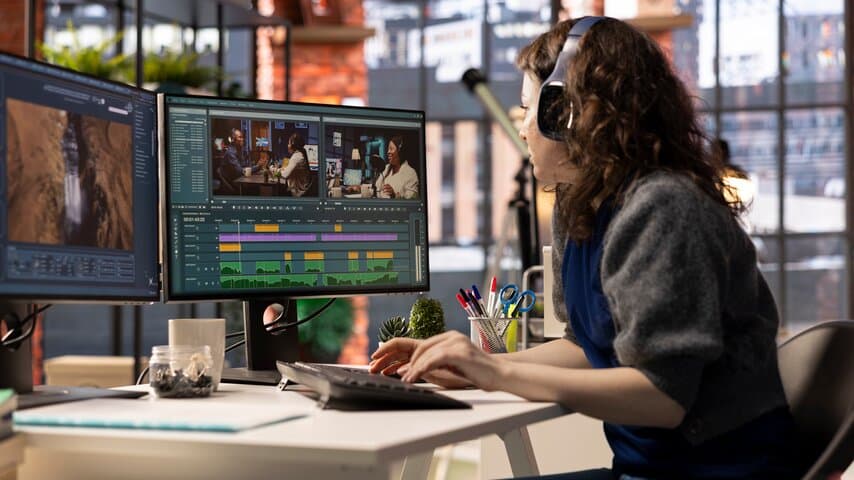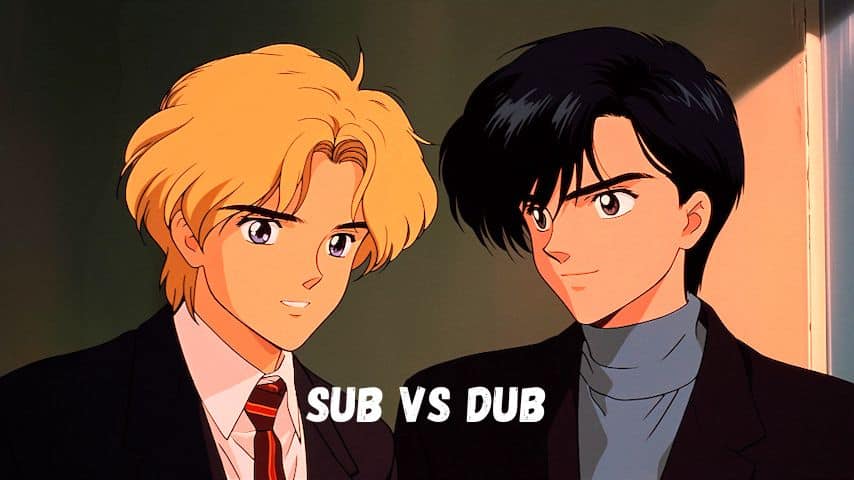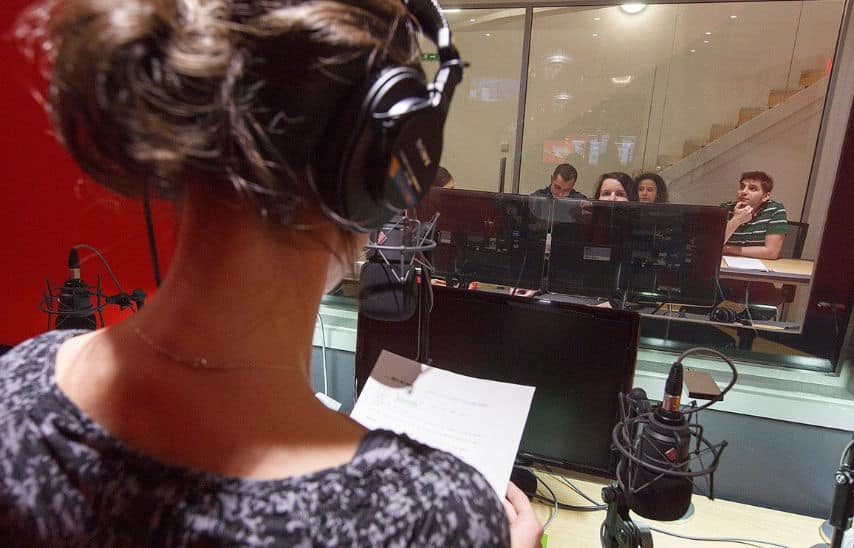While Manchester is known around the world for football, the accent of the region is even more recognizable. Manchester accent is localized and well-known due to its influence on television, movies, and pop culture. From Coronation Street and the Oasis to BBC Radio’s Nick Grimshaw, the accent is instantly recognizable.
This guide will provide you a detailed overview of what sets this accent apart from others, how to use it correctly, and recognizing its potential uses in British voice-over productions.
Table of Contents
ToggleWhat Does a Manchester Accent Sound Like?
Most Harry Potter fans and non-natives assume that the RP accent is the correct UK accent. But do you know that RP is actually not as prevalent in the UK?
The first step in mastering the Mancunian accent is understanding how it differs from other British accents.
The Differences
The North Manchester accent is usually spoken in a rustic dialect. On the other hand, people living in the south of the region speak in a refined and sophisticated accent.
This accent is also spoken at a lower pitch, making it easier to understand when compared to other British accents such as Scouse, Brummie, and Cockney.
Manchester’s British accent also has unique intonation and pronunciation. For example, vowel sounds are over-enunciated. Its emphasis on the NG sound also makes it notably different compared to other accents.
Nasal Quality
One of the biggest differentiating factors of this accent is its nasal quality. The sound of the words is produced by air moving through the nasal passage instead of the mouth.
For example, the word “marks” will be pronounced as “maanks” and “badge” will be pronounced as “baange.” Manchester speakers produce an ‘n’ sound instead of ‘d’ and ‘r.’
Over-Enunciating Vowel Sounds
Compared to other accents in the UK, Mancunians over-enunciate their vowels. The flattened vowels in most words make the vowels sound too clear.
For example, ‘e’ and ‘y’ sounds at the end of sentences are replaced with ‘eh.’ Words like ‘very’ and ‘really’ are pronounced as ‘ver-eh’ and ‘reall-eh.’
Contract Contractions
One thing to know if you want to learn the Manchester accent is word contractions. While words like “does not” are usually contracted into “doesn’t” in most of the world, in Manchester accent it is contracted even further to “dunt’t.”
Manchester Lingo
To blend in, you’ll also need to learn the lingo that is particular to Manchester.
- Dead: Very well
- Gaggin’: Thirsty
- Strickin’: Tears
- Buzzin’: Excited
- Strops: Mood Swings
Manchester Vs. Mancunian: Same Thing?
Manchester and Mancunian are the same thing. People living in Manchester are known as Mancunians and their accent is known as the Mancunian or Manchester accent.
Even within Manchester, the accent varies slightly. The North and South accent divide is well-known here.
The accent spoken in the very south region of the Manchester metropolitan area is considered to be a posh accent, while the accent spoken in the rest of the area is stereotyped as being poor, common, and rough.
From Oasis to The Stone Roses
The music scene in Manchester produced songs and bands that changed the music industry forever. During the 70s and 80s, the city earned a reputation as a musical powerhouse. But very few people know much about the history of how this happened.
It started in June 1976, when the Sex Pistols delivered a legendary performance at the Free Trade Hall. This performance was later called “The Gig That Changed the World.”
The Madchester genre gave rise to bands like the Inspiral Carpet, 808 State, and the Stone Roses. It also made a lasting impact on Mancunian singers and bands like The Verve, Blur, and Oasis.
Other than the music scene, the influence of the Manchester accent in pop culture can also be seen in other areas. Musician and actor Max Beesley, radio presenter Nick Grimshaw, and An Idiot Abroad actor Karl Pilkington are all famous celebrities with this accent.
Manchester Accent Tutorial
Here are some of the top tips to master the Mancunian accent:
Listen to Locals Speaking the Dialect
You can learn the accent faster if you watch TV shows or movies featuring it. There are several fantastic shows you can watch to learn the accent, such as Sherlock, Blue Planet, and Doctor Who.
Listening to an accent is a faster way of learning, so spend some time around locals if you are in the area.
Listen to Local Podcasts
If you’re not really into TV shows or movies, you can also listen to podcasts during your commute or when you are out for a walk. Podcasts can be a very effective resource for understanding the accent in natural speech.
Learn the Local Slang
One of the best way to learn the accent is by learning the local slang. There are several Manchester accent tutorial videos online that you can watch. Get familiar with words such as chuddy, mither, and hangin’ and their meaning.
Common Mistakes to Avoid
Non-native speakers often make these common mistakes when first learning the Manchester accent. Here are a few common mistakes to avoid:
- Don’t pronounce the ‘h’ sound in words that start with that letter. For example, “happening” should be pronounced as “appenin.”
- Don’t forget to use the glottal stops. If the ‘t’ sound appears in the middle of a word, it should be completely ignored. “Water” should be pronounced as “waher.”
- Don’t muffle the ‘g’ sound. In the Manchester language, the ‘g’ sound should be prominently pronounced. Words like singer and ring will have a faint ‘g’ sound.
- Don’t apply the rule discussed above with words that end with ‘ing.” For example, words like “happening” and “something” will be pronounced as “appenin” and “somethin.”






















